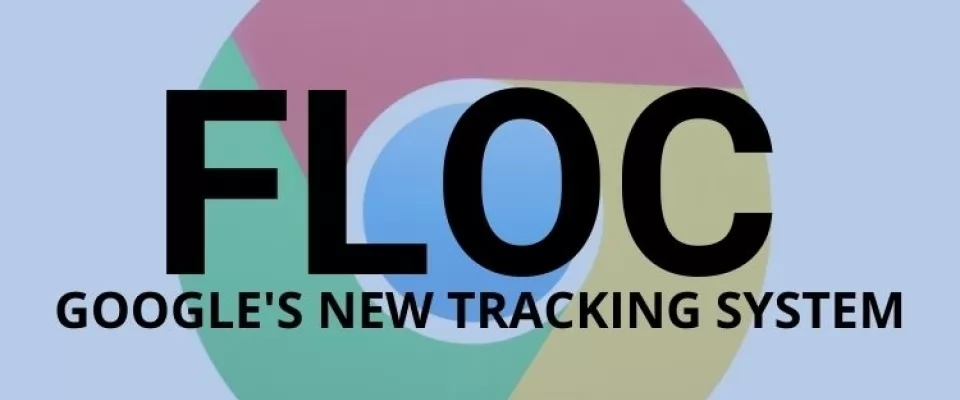No panic! Don't be alarmed, because it may sound worse than it is. But since Google doesn't seem to have any intention of communicating it properly, it's up to the rest of us to do so. We're talking about the new secure tracking system with which the Internet giant wants to gradually get rid of cookies, those little files that your browser downloads on every site you visit and that serve a lot of purposes, both good and bad.
Cookies are used, for example, so that your session remains open on the services you use on the Internet and you don't have to enter your username and password every time you restart your browser; but they are also used by advertising companies to follow you around the web and create profiles with which to try to distribute personalised advertising. Among many other things.
That's why third-party cookies have been in the crosshairs of browsers for quite some time.
Cookies, especially third-party cookies, are currently a necessary evil, because on the one hand they make your life easier, and on the other hand they expose you to the bad practices of much of the advertising industry. We don't even get into spyware and malware. Google knows this and has long been looking for a satisfactory solution to the problem.
However, Google is a stakeholder, the biggest stakeholder, in fact, because the bulk of their business is based on serving you advertising and the better they know you, the more effective the advertising will be.
That's why Google offers you such high quality apps and services (Chrome, Gmail, Drive, etc.) at zero cost: they already make money from your data. However, the company is aware of the abuse and risks involved in the use of third-party cookies and - despite its continued lapses - wants to improve the situation for the user... without harming its business.
And Google is the absolute king of online advertising.
Thus, Google - and other companies, but mainly Google - have implemented and continue to implement different measures to curb the insecurity and exposure posed by cookies in general and third-party cookies in particular, for example, with proposals such as the tightening of cookie policies, which Firefox has recently taken a step further with its Total Cookie Protection. But there is still more that could be done... and that is what Google is doing.
In recent days the company has begun testing a new tracking mechanism called Federated Learning of Cohorts (FLoC), through which it can dispense with the use of third-party cookies to collect data related to the user's online activity (browsing history, interests, demographics, etc.) and thus serve dedicated advertising in a more secure way. But there is a catch: I'll take it, I'll eat it, and FLoC is a Google-exclusive technique.

Apart from this last detail, which Google's advertising competition will have to deal with, the test we are referring to is being carried out on 0.5% of Chrome browsers, which sounds small, but amounts to many millions of users. Worse still, it is being done without informing users that they are being guinea pigs and that their browsing data is being extracted in a new way that is very safe in principle, but very intensive.
Not only that: after this first test, the company intends to extend FLoC to 5% of Chrome users, around a hundred million people; and when they are happy with the results, to the rest of the browser's users. How do you avoid being flocked in this first round, the next round and beyond? There are two ways to do it, but you won't like either if you're one of those who doesn't like to complicate your life with these things.
First of all, please note that the first FLoC test applies only to users in the United States, Australia, Brazil, Canada, India, Indonesia, Japan, New Zealand, the Philippines and Mexico, where many of you read us from. Sooner or later, though, all Chrome users will have to jump through the hoops.
Going back to this first and second FLoC test, the only way to avoid being included in it is to block third-party cookies from the browser preferences, with all the inconvenience that entails. In turn, the DuckDuckGo add-on for Chrome has added in its latest update the blocking of this feature, so it may be a good alternative in passing.
If you're not interested in one or the other, the Electronic Frontier Foundation (EFF) has set up a page to check if you're being 'floxed', which also explains what the whole story is about. A click of a button will confirm whether your browser is running FLoC or not. For more information about FLoC, here is another EFF article that goes into much more detail.
In the medium term, however, the only alternative to FLoC will be to abandon Chrome in favour of another browser that won't adopt the feature - and, good news, that's everyone except Chrome. Of course, if you're already a Chrome and Google services user, you won't have a big change to make. Otherwise, you've got a new home to choose from: Brave, Firefox, Microsoft Edge, Opera, Vivaldi... Not for options.

